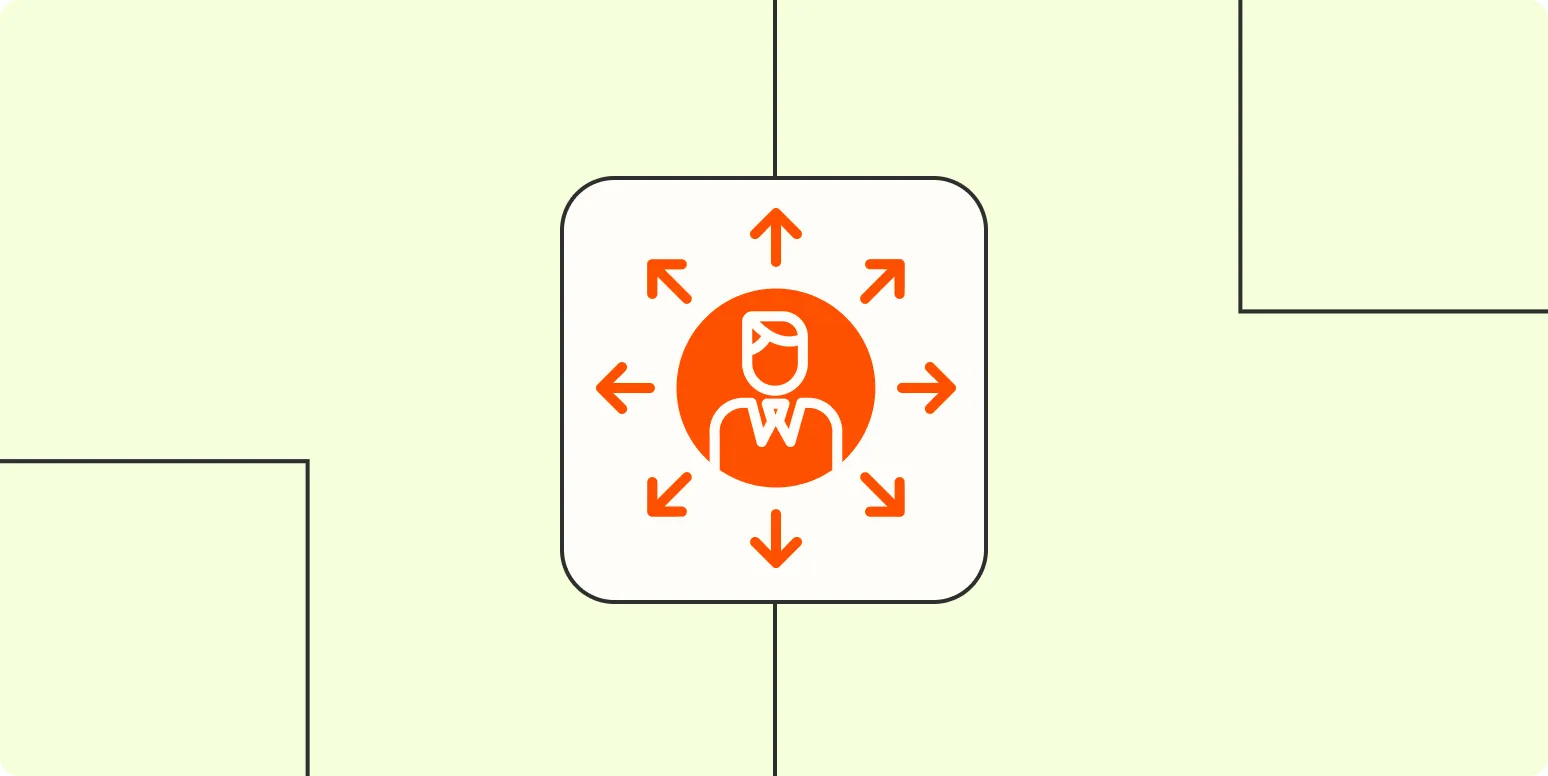Soft skills are often described as the personal attributes and interpersonal skills that dictate how effectively we interact and communicate with others. Unlike hard skills, which are the technical abilities and knowledge required for specific tasks, soft skills are more about how we operate within a workplace environment. They play a crucial role in determining how well you collaborate with others, adapt to changes, and handle challenges. In today’s competitive job market, the importance of soft skills cannot be overstated. Here are 45 examples of soft skills that can help advance your career.
Communication Skills
Effective communication is at the heart of successful workplace interactions. Here are some critical communication-related soft skills:
| Skill | Description |
|---|---|
| Active Listening | Fully concentrating, understanding, responding, and remembering what is being said. |
| Verbal Communication | Ability to convey information effectively through spoken words. |
| Non-Verbal Communication | Understanding body language, facial expressions, and gestures. |
| Written Communication | Skill in conveying information clearly in written form. |
| Presentation Skills | Ability to present information in a clear and engaging manner. |
Interpersonal Skills
Interpersonal skills are essential for building relationships and working effectively in teams. Here are some examples:
| Skill | Description |
|---|---|
| Empathy | Ability to understand and share the feelings of others. |
| Teamwork | Working collaboratively with others to achieve a common goal. |
| Conflict Resolution | Ability to mediate disputes and find mutually acceptable solutions. |
| Networking | Building and maintaining professional relationships. |
| Emotional Intelligence | Understanding and managing your own emotions and the emotions of others. |
Problem-Solving Skills
Strong problem-solving skills are vital in any career. Here are key attributes to consider:
| Skill | Description |
|---|---|
| Critical Thinking | Analyzing facts to make informed decisions. |
| Creativity | Thinking outside the box to develop innovative solutions. |
| Decision-Making | Evaluating options and making timely decisions. |
| Analytical Thinking | Breaking down complex problems into manageable parts. |
| Research Skills | Ability to gather information and analyze data. |
Adaptability Skills
In a constantly changing work environment, adaptability is key. Consider these skills:
| Skill | Description |
|---|---|
| Flexibility | Willingness to change and adapt to new situations. |
| Open-Mindedness | Being receptive to new ideas and perspectives. |
| Resilience | Ability to bounce back from setbacks and maintain a positive attitude. |
| Time Management | Effectively managing one’s time to maximize productivity. |
| Stress Management | Ability to remain calm and focused under pressure. |
Leadership Skills
Leadership skills are not just for those in managerial positions. Here are some valuable leadership-related soft skills:
| Skill | Description |
|---|---|
| Motivation | Inspiring and encouraging others to achieve their best. |
| Delegation | Assigning tasks effectively based on team members' strengths. |
| Influence | Ability to sway others' opinions and inspire action. |
| Vision | Setting a clear direction and goals for the team. |
| Accountability | Taking responsibility for one’s actions and decisions. |
Conclusion
Soft skills are essential for anyone looking to advance their career. By mastering these 45 skills, you can enhance your employability and create more opportunities for professional growth. Whether in communication, interpersonal relations, problem-solving, adaptability, or leadership, each skill contributes to a well-rounded professional profile. Investing time in developing these soft skills can lead to better job performance, stronger relationships, and greater career satisfaction.





